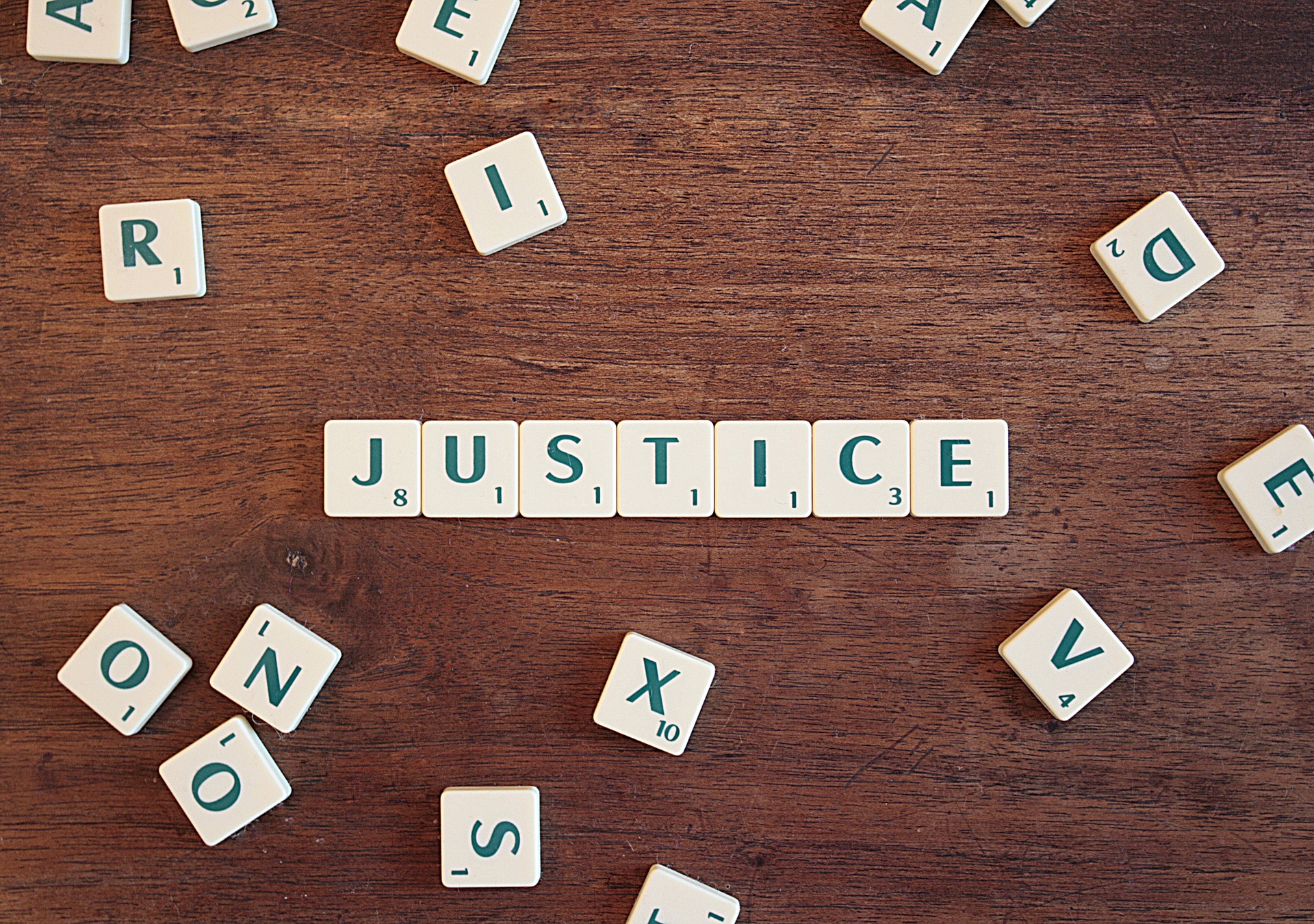We talk a lot in this Country about the benefits of a jury trial, how leaving the decision in the hands of 12 people chosen at random, is the fairest way of securing justice, but how does a jury decide?
Jury trial: How does the decision making process work?
Ironically, the process of how a jury reaches its decision is unknown as laws prevent us examining jury decisions and questioning them on their findings.
There are lots of academic studies, but in reality, they shed little light on the process.
What we do know however is the legal process that guides them in their decision making and despite the lack of ‘hard proof.’ most lawyers actively support trial by jury.
How has the Internet affected the jury trial process?
The power of Google and new networking spaces such as Facebook and Twitter can present challenges to a jury trial if jurors seek information from these sources. There is a good reason why certain information is withheld from a jury (for example previous convictions), and going behind explicit instructions not to discuss evidence with anyone other than a fellow juror when the jury is assembled, or seeking information from external sources, undermines jury trial.
For this reason, jurors will be given clear warnings throughout the trial process.
How does jury trial selection work?
We always start with 12; no criminal jury trial can commence with fewer jurors.
For lots of reasons, however, a trial does not always finish with 12. Jurors may become sick and be unable to return, or in rare cases, they may be removed from a jury due to some misconduct during the trial. As long as the number of jurors does not fall below 9, a verdict can be reached.
Does a jury always reach a unanimous verdict?
At all times, the Judge will be seeking a unanimous verdict from the jury, that is a verdict upon which all the jurors are agreed, so either guilty or not guilty.
In the early stages of deliberation, a Judge is prevented by law from accepting a majority verdict, but the time may come when a majority decision is permissible. The timing of that will depend very much on the facts of the particular case.
When a majority verdict becomes permissible, the jury will be brought back into court and advised accordingly. However, even at that stage, they will be asked to still arrive at a unanimous verdict if that is possible. If not possible, then a majority verdict will be acceptable.
What does a hung jury mean?
On occasion, it will become apparent to the Judge that the jury cannot reach a verdict, even a majority one. The Judge will often know this as the jury will write a note to explain the situation. The contents of that note will usually not be shared with the advocates, and this is often because ‘it contains numbers’, i.e. how many jurors are voting one way or the other. Such notes remain confidential in all trials.
When a deadlock occurs a ‘give and take’ direction will be given, calling upon all jurors to use their collective wisdom to reach a decision.
What happens when the jury reaches their verdict?
If the jury reaches a unanimous verdict the issue is settled, but if not, and the time is appropriate for a majority verdict, a majority may be acceptable.
Whether a majority verdict is acceptable depends on the balance of votes, which in turn depends on how many jurors remain.
The combinations are:
Where there are 12 jurors: 11 – 1 or 10 – 2
Where there are 11 jurors: 10 -1
Where there are 10 jurors: 9 – 1
(where the jury falls to 9 jurors, only a unanimous verdict is acceptable).
If the verdict is not guilty, the defendant is free to leave court (assuming that there are no other matters remaining), if guilty, the judge will go on to consider sentencing.
What happens if the jury cannot reach a verdict?
If despite further deliberation it becomes clear that the jury is deadlocked, the jury will be discharged, and the trial will be over.
In these circumstances, the prosecution may either proceed with a new trial or abandon the trial (for example where it is clear at that stage that the evidence is weak).
How we can assist with the jury trial process
We realise that the trial process can be difficult for both our clients and their families. We work hard at all stages to explain what is going on and what will happen next.
It is your case and you ought not to be reduced to a mere bystander as the legal process occurs around you.
As experienced trial lawyers, we do not lose sight of the person behind the proceedings.
If you are charged with an offence or if your case is at the investigation stage, call us on 01442 242999 to speak to one of our solicitors for a free and confidential initial chat to see if we can help and advise you. Wheldon Law are experienced criminal solicitors based in Hertfordshire.

